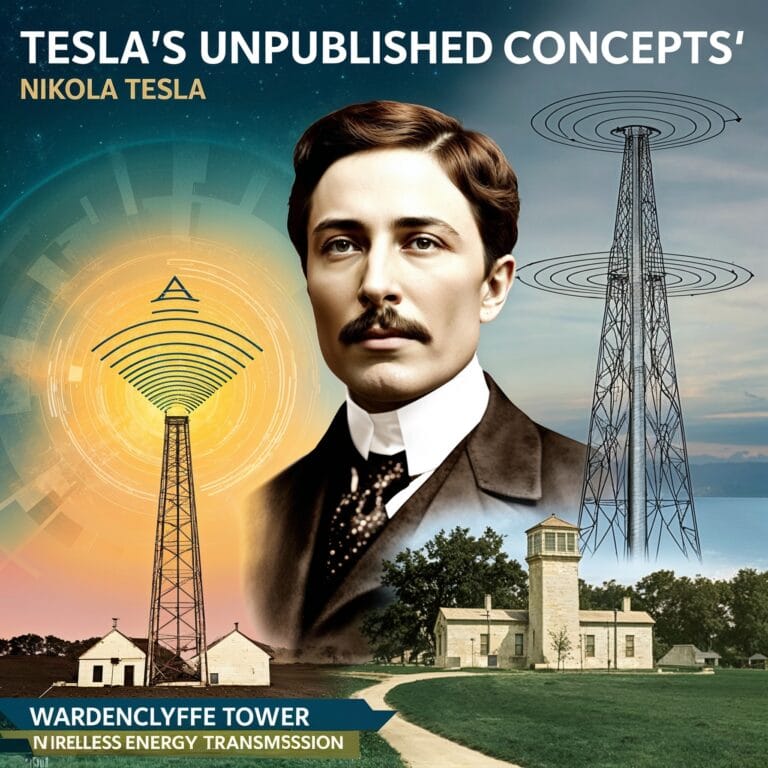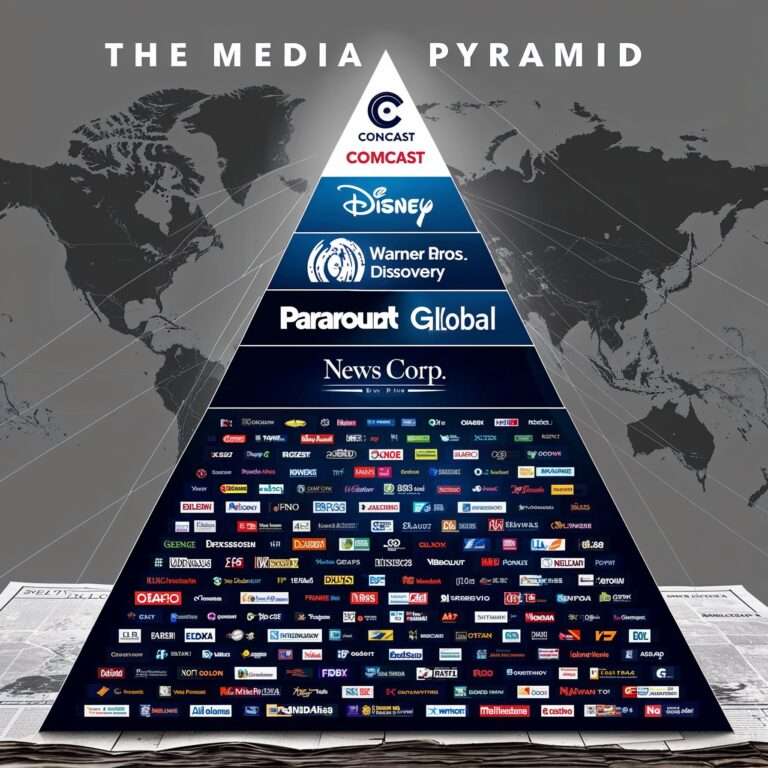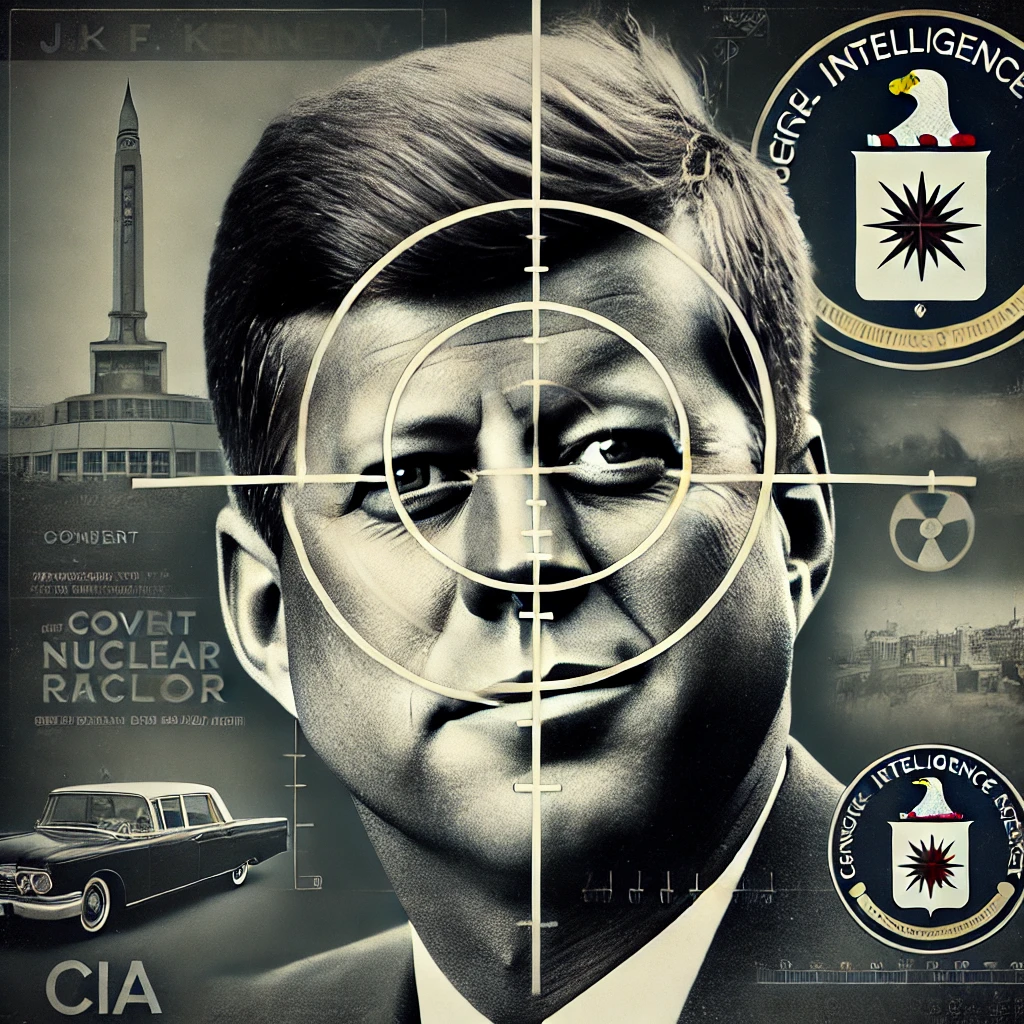
"A symbolic image of John F. Kennedy in crosshairs, representing theories of CIA and Mossad involvement tied to Israel's nuclear ambitions."
The JFK Assassination Mossad CIA Conspiracy: A Nexus of Motives
The JFK assassination Mossad CIA conspiracy is one of the most controversial theories surrounding John F. Kennedy’s death. This theory explores how Mossad, Israel’s intelligence agency, and rogue CIA factions may have collaborated, driven by nuclear ambitions and political motives.
Kennedy’s firm stance against nuclear proliferation and his demands for inspections of Israel’s Dimona reactor strained U.S.-Israeli relations. At the same time, his tumultuous relationship with the CIA, particularly after the Bay of Pigs invasion, created tensions that could have made him a target for rogue elements within the agency. When Lyndon B. Johnson assumed the presidency, there was an immediate shift in U.S. policy—demanding nuclear inspections ceased, military aid to Israel increased, and the CIA regained autonomy. These factors raise compelling questions: Was Kennedy’s assassination the result of a coordinated conspiracy, or was it merely a perfect storm of coincidences?
This article examines the Mossad-CIA conspiracy theory, analyzing motives, evidence, and the dramatic policy shifts following Kennedy’s death.
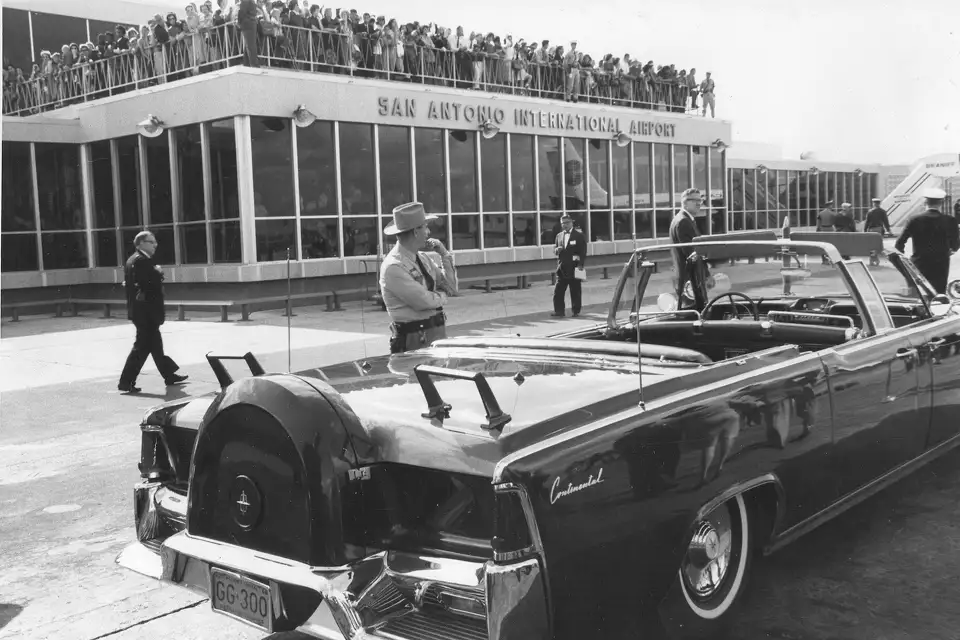
Kennedy, Dimona, and the Nuclear Tensions
From the beginning of his presidency, John F. Kennedy prioritized nuclear non-proliferation. His administration viewed Israel’s Dimona reactor with suspicion, believing it was being developed for nuclear weapons rather than energy production. In a series of declassified letters exchanged with Israeli Prime Minister David Ben-Gurion, Kennedy demanded regular inspections of the facility to ensure no weapons-grade plutonium was being produced.
Ben-Gurion’s Defiance
For Israel, nuclear weapons represented a critical security measure amid hostile neighbors. Ben-Gurion resisted JFK’s demands, leading to a diplomatic standoff. In June 1963, Ben-Gurion abruptly resigned, citing personal reasons. However, many speculate his decision was influenced by mounting pressure over Dimona. His resignation, just months before Kennedy’s assassination, fuels theories that Israel saw Kennedy as an obstacle to its nuclear ambitions.
Policy Shifts and the JFK Assassination Mossad CIA Theory
After Kennedy’s death, U.S. policy toward Israel’s nuclear program shifted dramatically. Johnson not only dropped demands for inspections but also increased military aid to Israel. By 1967, Israel successfully developed nuclear weapons without U.S. interference. This sudden reversal raises questions: Did JFK’s assassination pave the way for these changes, or was it purely coincidental?

The CIA’s Role: Resentment and Potential Collaboration
The Bay of Pigs invasion in 1961 marked a turning point in JFK’s relationship with the CIA. After the failed attempt to overthrow Fidel Castro, Kennedy blamed the CIA and fired its director, Allen Dulles, while vowing to limit the agency’s power. Rogue factions within the CIA saw this as a direct threat to their Cold War operations.
A Convergence of Interests
The Mossad-CIA theory gains traction when examining the shared motives between these groups. Mossad sought to protect Israel’s nuclear ambitions, while CIA operatives resented Kennedy’s restrictions on covert operations. Their overlapping interests make covert collaboration plausible.
Intelligence agencies like Mossad and the CIA have historically cooperated on mutual strategic goals, such as Cold War missions. It is conceivable that Kennedy’s removal served both agencies: Mossad secured Dimona’s secrecy, and the CIA regained operational freedom.
Expanded CIA Operations After Kennedy’s Death
Under Johnson, the CIA’s autonomy was restored, allowing for the escalation of U.S. involvement in Vietnam. This rapid shift in policy suggests that Kennedy’s removal cleared the way for the agency to pursue its objectives without presidential interference.
LBJ’s Ties to Pro-Israel Donors
Johnson’s presidency not only marked a shift in U.S.-Israel relations but also strengthened his ties with pro-Israel political donors, including Abe Feinberg and Arthur Krim. These figures were instrumental in securing resources for Israel’s Dimona reactor and heavily influenced Johnson’s Middle East policies.
Financial and Political Incentives
Feinberg and Krim provided significant financial support for Johnson’s campaigns, aligning his administration with Israel’s interests. This included abandoning nuclear inspections and increasing military aid, actions that benefited both Israel and Johnson’s political aspirations.
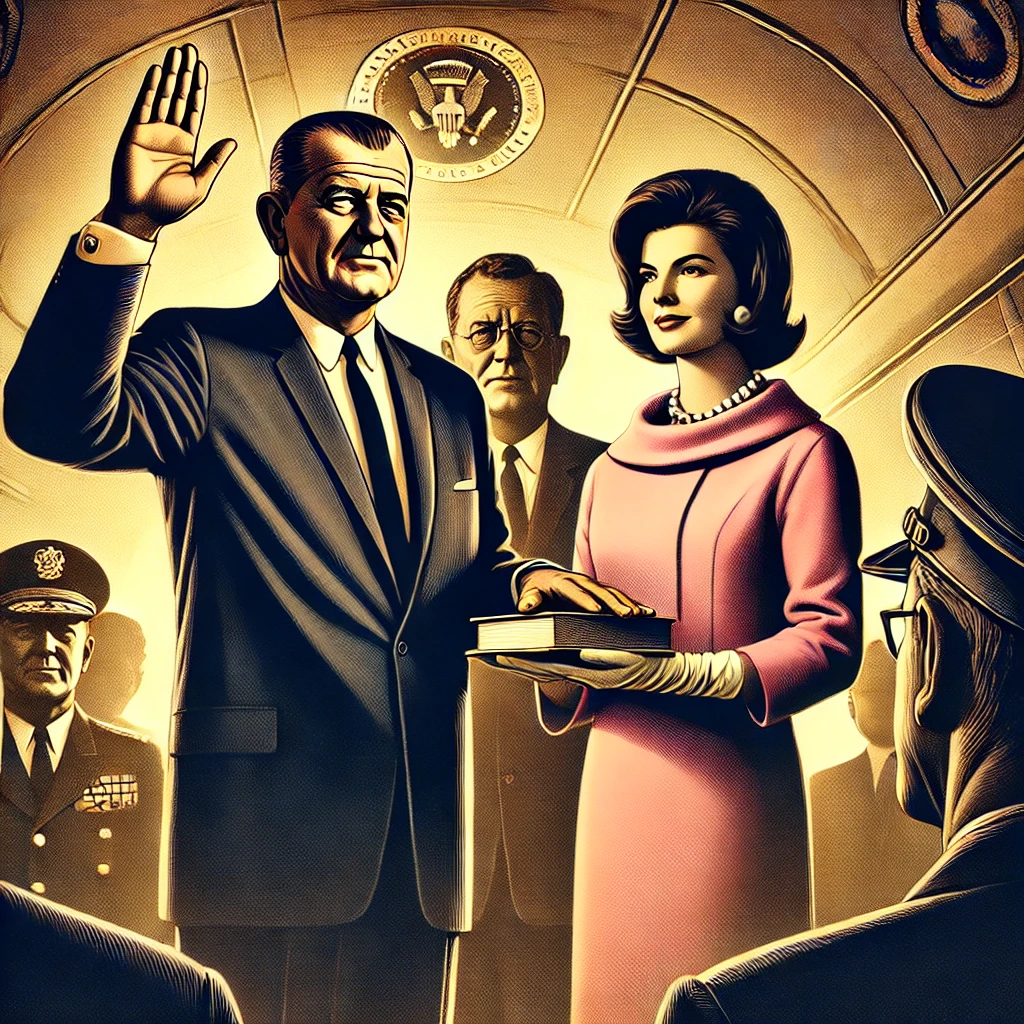
Lee Harvey Oswald: Scapegoat or Asset?
The official narrative portrays Lee Harvey Oswald as a lone gunman, but many researchers question his connections to intelligence agencies. Declassified documents reveal prior CIA interest in Oswald, and his time in the Soviet Union raises further suspicion. Despite defecting to the USSR, Oswald was allowed to return to the U.S. without penalty—a highly unusual outcome during the Cold War.
Oswald as a Convenient Patsy
Some theorists argue that Oswald was set up as a scapegoat to divert attention from a larger conspiracy. His murder by Jack Ruby only deepens suspicions, as it silenced Oswald before he could reveal any potential involvement with intelligence agencies.
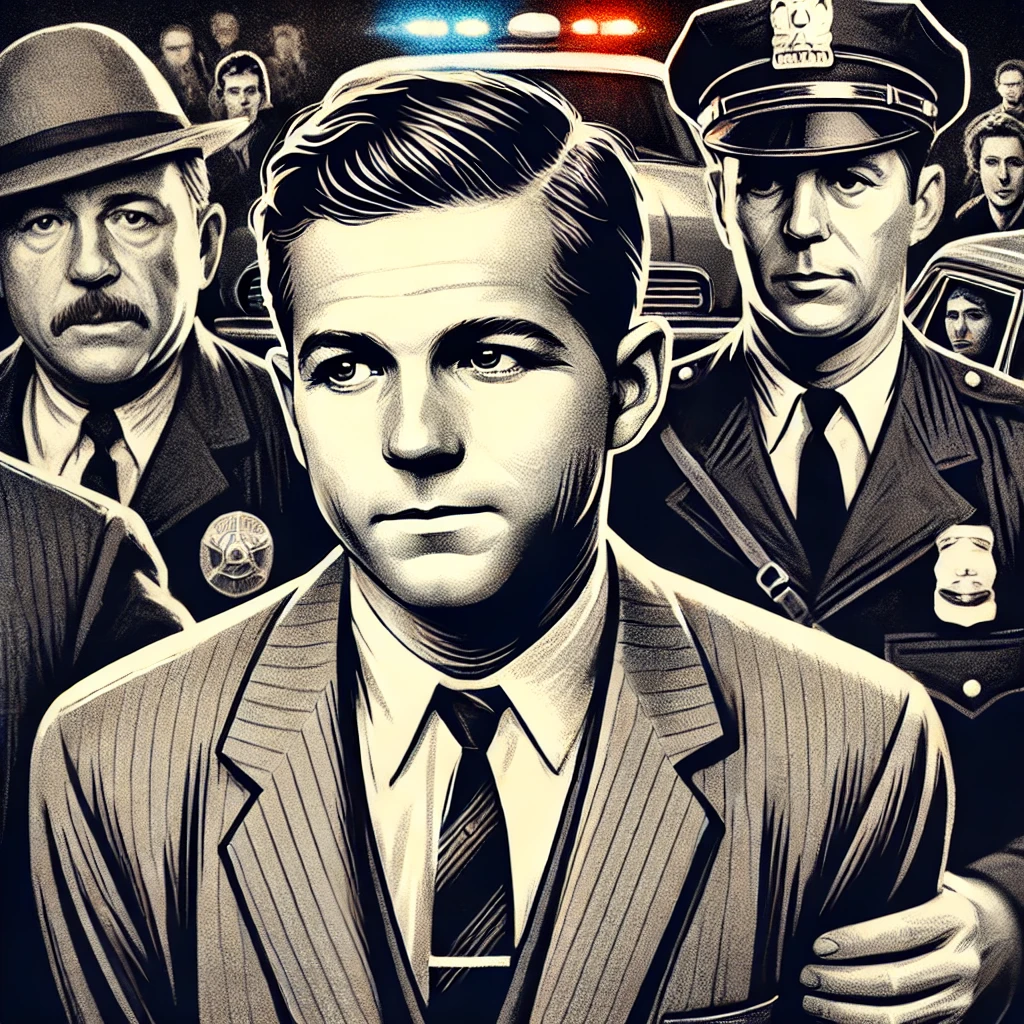
Competing Theories: Beyond Mossad and the CIA
While the Mossad-CIA theory presents a compelling case, other factions had motives to assassinate JFK:
- Organized Crime: The Mafia resented JFK’s crackdown on organized crime.
- Anti-Castro Exiles: Cuban exiles felt betrayed after the Bay of Pigs invasion.
- Military-Industrial Complex: Kennedy’s plans to de-escalate Vietnam threatened defense contractors’ profits.
Each of these groups had reasons to target Kennedy, complicating the search for definitive answers.
Critiques of the JFK Assassination Mossad CIA Conspiracy
Lack of Direct Evidence
Critics argue that the Mossad-CIA theory lacks concrete evidence. While circumstantial links—such as policy shifts and overlapping motives—are intriguing, they do not prove direct involvement.
Policy Coincidences
Some historians attribute the policy changes under Johnson to his personal foreign policy priorities rather than a premeditated conspiracy. For example, Johnson’s alignment with Israel could be explained by his relationships with donors rather than involvement in a plot.
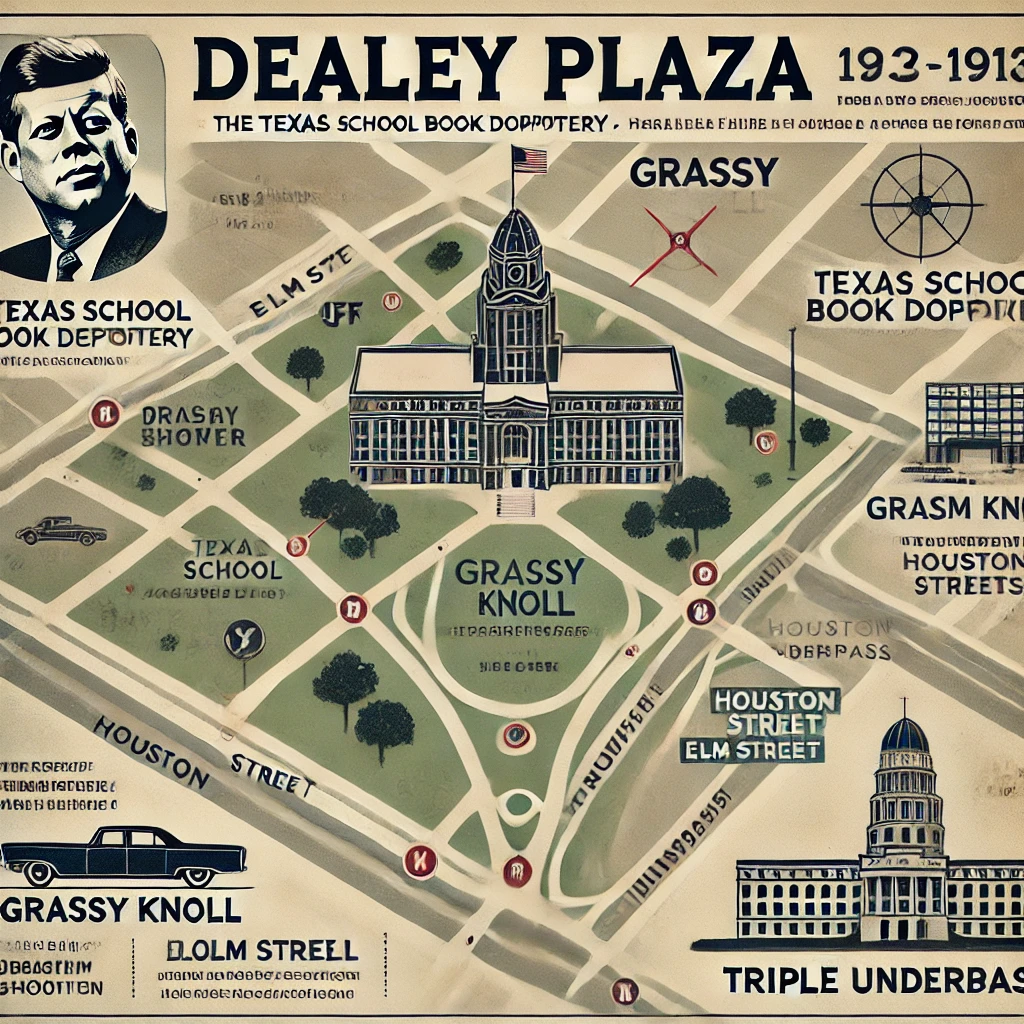
Why the Theory Persists
Despite its challenges, the Mossad-CIA theory remains compelling due to the dramatic shifts in U.S. policy following Kennedy’s death. The alignment of motives between Mossad, the CIA, and LBJ’s administration raises questions about whether Kennedy’s assassination was truly the work of a lone gunman or a calculated conspiracy.
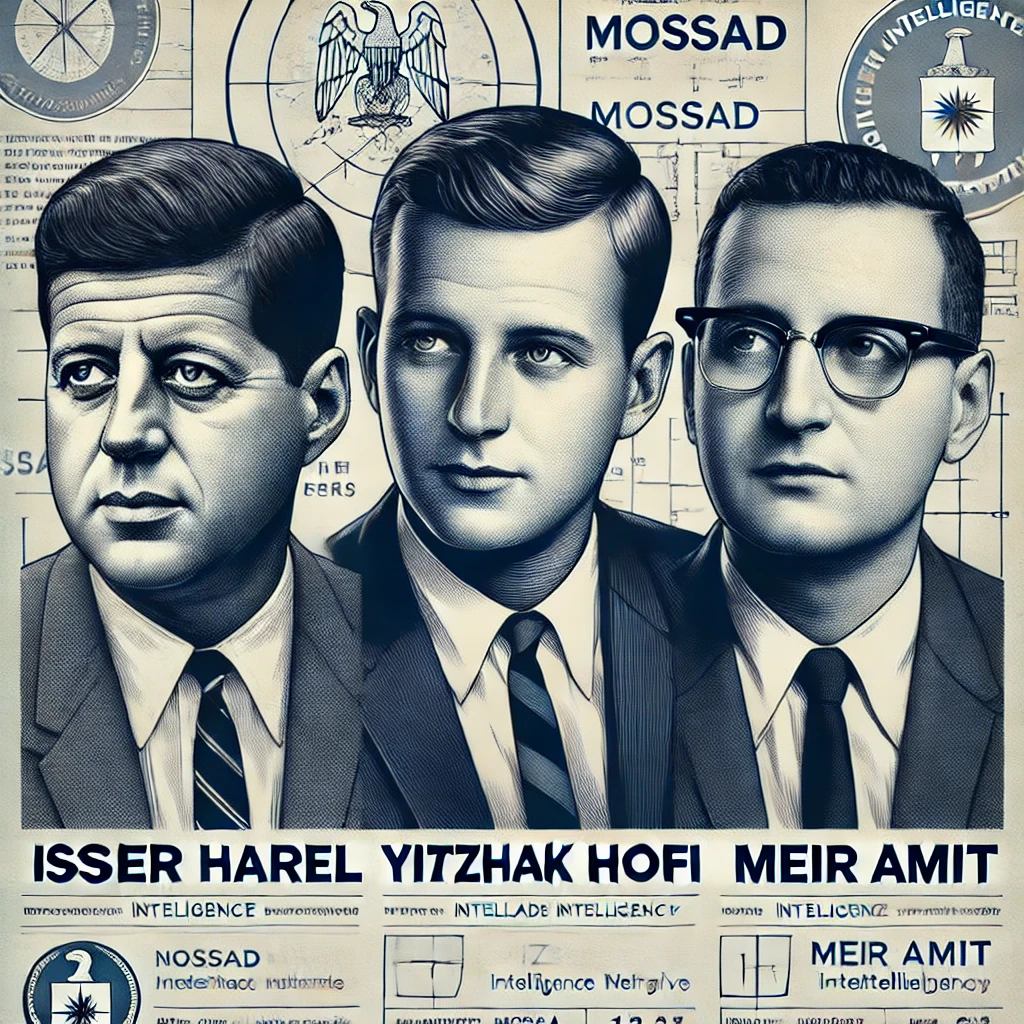
Conclusion: A Coordinated Conspiracy or Coincidence?
The JFK assassination Mossad-CIA conspiracy theory suggests a chilling possibility: that multiple factions with shared motives collaborated to remove a president who stood in their way. The evidence—while circumstantial—points to a convergence of interests between Mossad, rogue CIA operatives, and Lyndon B. Johnson’s administration.
Was Kennedy’s death the result of a calculated conspiracy, or was it merely a coincidence that benefited so many powerful groups? The lack of definitive proof leaves the question open, but the rapid policy changes that followed his assassination demand further scrutiny. Ultimately, the JFK assassination remains a mystery, one that continues to provoke debate and challenge official narratives.
Sources for Further Reading
- The Samson Option: Israel’s Nuclear Arsenal and American Foreign Policy – Seymour Hersh
- Investigates Israel’s secret nuclear program and U.S. policy shifts after JFK’s assassination. Penguin RandomHouse | Internet Archive.
- JFK’s Correspondence on Dimona – National Security Archive
- Includes letters between JFK and Ben-Gurion on U.S. inspection demands. National Security Archive.
- Wilson Center: JFK’s Nuclear Policies
- Details JFK’s efforts to enforce non-proliferation policies and the resistance he faced from Israel. WilsonCenter.
- Washington Report on Middle East Affairs
- Covers LBJ’s donor relationships and policy realignments benefiting Israel. WRMEA.
- KC Johnson: LBJ and Pro-Israel Lobbying Influence
- Analyzes LBJ’s reliance on pro-Israel donors and their political impact. KC Johnson.
- The New Republic: CIA Involvement in JFK’s Assassination
- Explores the theory of CIA collaboration with Mossad. New Republic.
- JFK Library: U.S. Oversight of Israel’s Nuclear Program
- Archive of official documents regarding U.S. nuclear inspections. JFK Library.
Internal Sources
- Exploring the Depths of Conspiracy Theories
Dive into a collection of thought-provoking conspiracy analyses, including the hidden narratives behind major historical events. - The Hidden Hand: Mainstream Media’s Influence on Public Perception
Understand how mainstream media shapes narratives and influences public opinion on conspiracies and hidden agendas. - JFK Assassination: Conspiracy Theories That Persist
Explore the enduring theories surrounding JFK’s assassination, delving into motives, players, and unanswered questions.
FAQ Section: JFK Assassination Mossad CIA Conspiracy
What is the theory linking Mossad and the CIA to JFK’s assassination?
This theory suggests that both the CIA and Mossad were involved in orchestrating the assassination of John F. Kennedy. Proponents argue that JFK’s policies on nuclear proliferation and his opposition to Israel’s nuclear ambitions may have motivated such collaboration.
Why would Mossad have an interest in JFK’s assassination?
Some theorists claim that JFK’s resistance to Israel developing nuclear weapons, as evidenced by his insistence on nuclear inspections at Dimona, could have made him a perceived threat to Israel’s strategic goals.
What role does the CIA allegedly play in JFK’s assassination?
The CIA’s potential involvement is often linked to internal disagreements over Cold War policies, JFK’s approach to Cuba, and his alleged efforts to reduce the agency’s power following the Bay of Pigs invasion.
Is there any evidence supporting the Mossad-CIA connection in JFK’s death?
There is no definitive evidence linking Mossad and the CIA to JFK’s assassination. The theory remains speculative and is largely based on circumstantial connections, declassified documents, and conflicting witness testimonies.
How does JFK’s stance on nuclear weapons tie into this conspiracy theory?
JFK’s push for nuclear disarmament and his opposition to Israel’s nuclear program are often cited as key motivations in the Mossad angle of this theory. His policy was seen as potentially jeopardizing Israel’s efforts to establish nuclear capabilities.
What documents support claims of a conspiracy in JFK’s assassination?
Declassified files from the U.S. National Archives and documents related to Operation Northwoods, MKUltra, and the Warren Commission have fueled conspiracy theories about the deeper forces behind JFK’s assassination.
What are the common counterarguments to this theory?
Skeptics argue that the theory lacks credible evidence and is built on speculative interpretations. They point out that there’s no conclusive proof of coordination between Mossad, the CIA, and other groups in JFK’s assassination.
Why do conspiracy theories about JFK’s death persist?
The enduring mystery surrounding JFK’s assassination stems from inconsistencies in official investigations, conflicting witness accounts, and the high-profile nature of the event, which leaves room for alternative interpretations.
How have mainstream historians responded to Mossad-CIA theories?
Most mainstream historians dismiss these theories as speculative and unsupported by concrete evidence. They emphasize the lack of direct proof tying Mossad or the CIA to the assassination.
What are other significant theories related to JFK’s assassination?
Other theories include involvement by the Mafia, Cuban exiles, Lyndon B. Johnson, and the Soviet Union. Each of these theories attempts to explain JFK’s death through different political, ideological, or personal motives.
